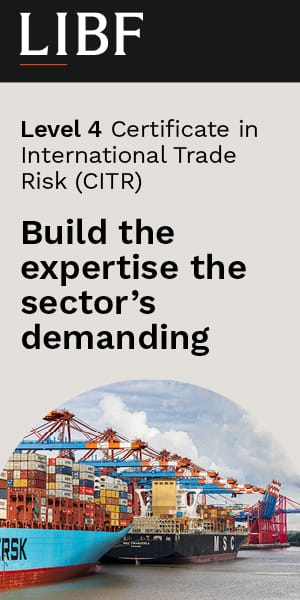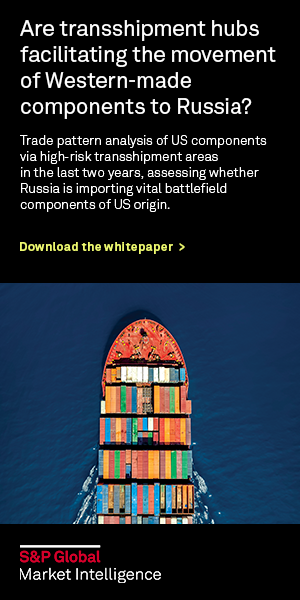State Bank of Pakistan (SBP)

SBP Vision 2028 and Pakistan’s Transformation to a Shariah-Compliant Banking System
Pakistan has embarked on an ambitious multi-year plan to transform its financial system into a Shariah-compliant framework by 2028. Two trade finance specialists explain what this entails and the inherent challenges and opportunities it presents.
Pakistani Banks Required to Arrange USDs for Import LCs
State Bank of Pakistan (SBP), the country’s central bank, has lifted restrictions on Pakistani banks opening letters of credit
Pakistan Prioritizes LCs for Tea
In advance of Ramadan 2023, the Pakistan government listed tea as an essential commodity in order to meet high domestic demand for tea, and the government ordered State Bank of Pakistan to issue mandatory instructions for banks to open letters of credit for tea, declaring tea a ‘primary import’.
Pakistan Expands Import LC Requirement
In an effort to boost protection of the country’s dwindling foreign reserves, the government has directed all importers to
Pakistan: No Restrictions on LCs
Citing media misinformation intended to create uncertainty in the oil and gas market, the State Bank of Pakistan (SBP) issued
Pakistan Curbs Imports
State Bank of Pakistan (SBP), Pakistan’s central bank, initiated a curb on imports in order to control foreign currency outflow due to Pakistan’s depleting foreign currency reserve situation.
IMF Funds USD 1.1b to Pakistan
Following its review under the Extended Fund Facility (EFF) for Pakistan, the International Monetary Fund (IMF) announced on 29 August an immediate disbursement of USD 1.1b in financial assistance to Pakistan.
Pakistan: Additional Support for Oil LCs
Prime Minister Shehbaz Sharif has promised that the Pakistani government will intervene on behalf of oil refineries facing potential shutdown
Pakistan Banks Require Approval Prior to Financing Imports
State Bank of Pakistan (SBP) is requiring all banks to seek prior approval before financing imports.












